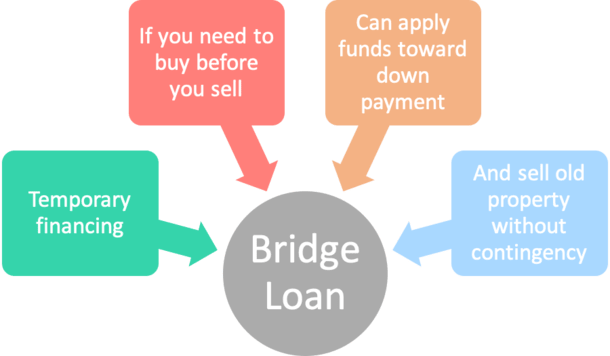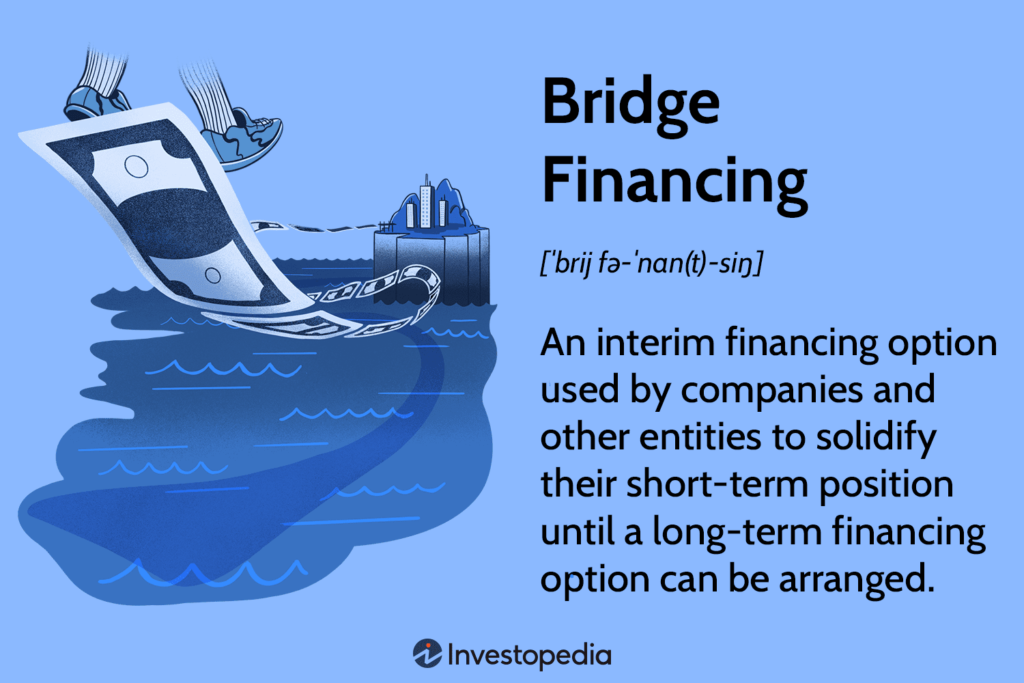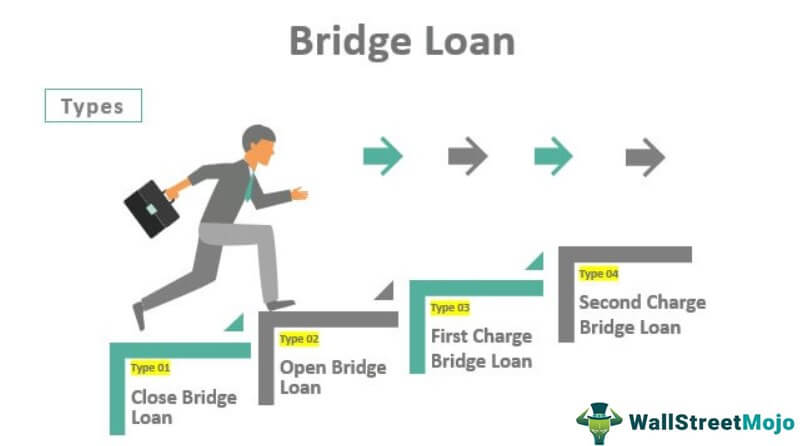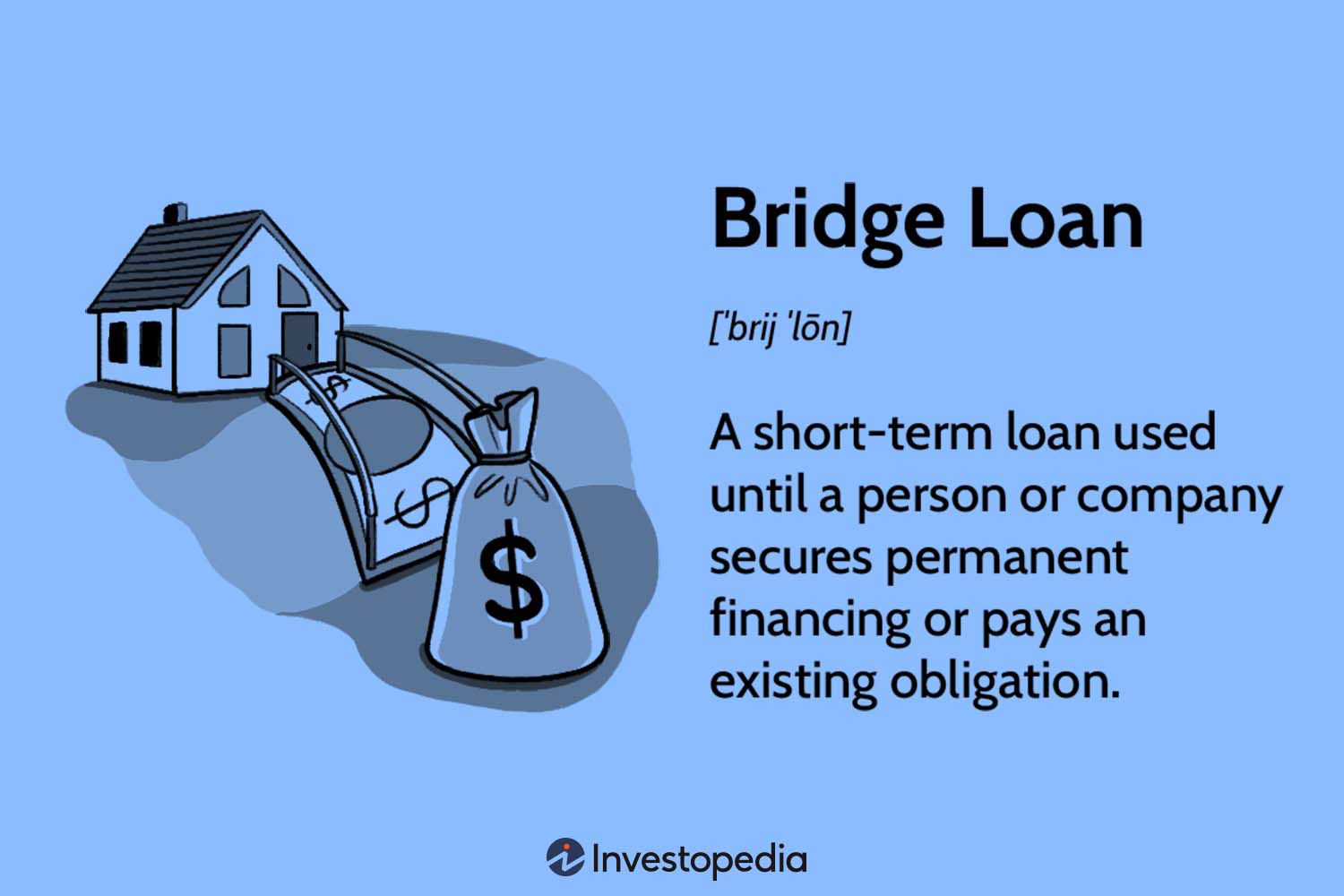If you find yourself in a situation where you need some extra financial flexibility, then you might want to consider bridge loans. These loans can be a game-changer when it comes to bridging the gap between buying a new property and selling your current one. In this article, we will explore the ins and outs of bridge loans, diving into what they are and who can benefit from them. So, whether you’re a homeowner looking to upgrade or a real estate investor seizing opportunities, read on to find out how bridge loans can help you navigate through your financial bridge.
1. What are Bridge Loans?
Bridge loans are a form of short-term financing that can help individuals or businesses bridge the gap between the purchase of a new property and the sale of an existing one. They are often used in real estate transactions to provide temporary funds until a permanent source of financing can be secured. Bridge loans are typically used for a period of anywhere from a few weeks to a few months, and they can be a valuable tool for those in need of immediate capital.
How to get up to $1 million in credit with no credit risk!
How do Bridge Loans Work?
Bridge loans work by providing borrowers with quick access to funds that can be used to cover the down payment on a new property or to pay off an existing mortgage. The loan is then repaid in full once the borrower sells their current property or secures a long-term loan. In most cases, bridge loans are secured by the borrower’s existing property or the property being purchased. This allows the lender to have collateral in case the borrower is unable to repay the loan, providing some security for both parties involved.

This image is property of www.investopedia.com.
How to get up to $1 million in credit with no credit risk!
Types of Bridge Loans
There are several types of bridge loans available, each designed to meet the specific needs of different borrowers. The most common types include:
- Open Bridge Loans: These are bridge loans that do not have a predetermined repayment schedule. Instead, the loan must be repaid in full once the borrower sells their existing property or secures permanent financing. Open bridge loans offer flexibility but can also come with higher interest rates.
- Closed Bridge Loans: Closed bridge loans have a set repayment schedule and require borrowers to make regular payments until the loan is paid off. These loans are typically secured by the borrower’s existing property and may have lower interest rates compared to open bridge loans.
- Construction Bridge Loans: These bridge loans are specifically designed for individuals or businesses undertaking a construction project. The loan can help cover construction costs while the borrower awaits permanent financing or the sale of the property.

This image is property of www.thetruthaboutmortgage.com.
How to get up to $1 million in credit with no credit risk!
Who Can Benefit from Bridge Loans?
Bridge loans can be beneficial for a variety of individuals and businesses who find themselves in need of short-term financing. Some of the key beneficiaries include:
Real Estate Investors
Real estate investors often utilize bridge loans to quickly acquire properties without having to wait for the sale of their existing properties. This allows them to take advantage of investment opportunities and secure properties that may be in high demand. Bridge loans can be particularly attractive for real estate investors who operate in a fast-paced market where properties sell quickly.
Homebuyers
Bridge loans can also be a useful tool for homebuyers who want to purchase a new property before selling their current one. This is especially beneficial in a competitive housing market where time is crucial. By utilizing a bridge loan, homebuyers can secure their dream home and avoid the stress and pressure of having to sell their existing property first.
Small Business Owners
Small business owners often face unique challenges when it comes to obtaining financing. Bridge loans can provide them with the funds they need to expand their business, purchase new equipment, or fulfill large orders while they wait for other sources of financing to come through. This can be particularly advantageous for small businesses that are experiencing rapid growth or facing a temporary cash flow shortage.
House Flippers
House flippers, who buy properties with the intent of renovating and reselling them, can also benefit from bridge loans. These loans give them the flexibility and quick access to capital needed to purchase properties and start renovations without delay. Once the property is renovated and sold, the bridge loan can be repaid in full, allowing the house flipper to move on to their next project.
Commercial Property Developers
Commercial property developers often require short-term financing to cover construction costs or bridge the gap between property acquisition and securing long-term financing. Bridge loans offer them the flexibility to move forward with their projects while ensuring a smooth transition to permanent financing.

This image is property of www.investopedia.com.
How to get up to $1 million in credit with no credit risk!
Conclusion
Bridge loans are a versatile financing option that can benefit a wide range of individuals and businesses. Whether you’re a real estate investor looking for a quick acquisition, a homebuyer searching for your dream home, a small business owner needing temporary funds, a house flipper needing capital for renovations, or a commercial property developer needing short-term financing, bridge loans can provide the necessary financial bridge to achieve your goals. It’s vital to understand the various types of bridge loans available and work with reputable lenders to ensure you make an informed decision that best suits your unique circumstances. With careful planning and responsible borrowing, bridge loans can be a valuable tool to help you bridge the gap and reach your financial objectives.

This image is property of www.wallstreetmojo.com.
How to get up to $1 million in credit with no credit risk!
Click here to try Experian Credit Works
